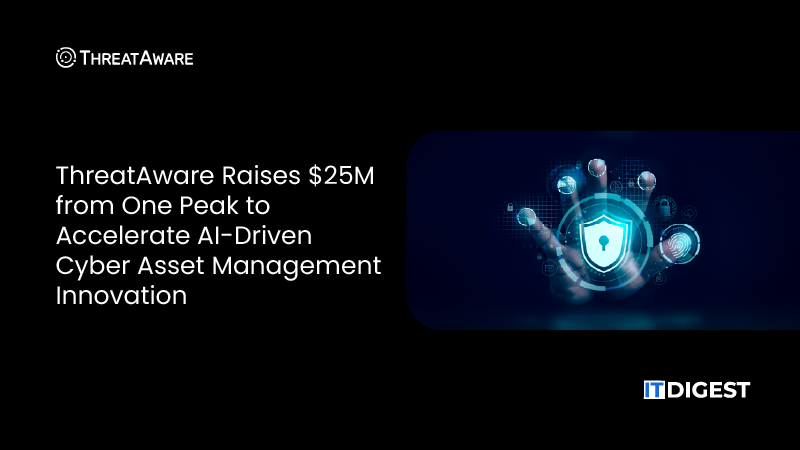Opsera, the DevOps platform used by top Fortune 500 companies, announced its latest platform capabilities for Salesforce DevOps to enable faster deployment and more efficiently orchestrate end-to-end DevOps processes. Opsera will showcase its Unified DevOps Platform at Dreamforce 2023 at booth #1604.
“The Salesforce DevOps platform enables our customers to increase agility, security, visibility and quality in a single, unified, orchestrated platform,” said Kumar Chivukula, co-founder and CEO of Opsera. “Customers achieve next-generation continuous integration while increasing productivity, irrespective of the number of environments or developers involved.”
Opsera’s Salesforce DevOps platform enables Salesforce developers, architects and admins to significantly improve security, agility and productivity. Users can release 80% faster and improve security and quality posture by 60%.
Also Read: New Relic Enhances AIOps with the Industry’s First AI Recommended Alerts
The Opsera Salesforce DevOps Platform 3.0 offers:
- Choice of Development Environment – Source-driven development and deployments with choice and flexibility allow developers to continuously deliver efficient, controlled changes to the Salesforce platform. Unlike other Salesforce DevOps platforms, Opsera integrates with existing DevOps toolchains including source code management tools, git scanners, code scanners, test automation and more – all governed securely throughout the process to increase agility, improve security, and help developers be more efficient with the tools that they want to use.
- Comprehensive Integration Support – Opsera‘s plug-and-play integrations align Salesforce deployments with DevOps principles by offering end-to-end visibility with DORA metrics and unified insights. Native integrations include security (Sonarqube, Codeanalyzer, PMDscan, Codescan etc), quality (Selenium, Provar, etc.) and ITSM and collaboration tools (Jira, Servicenow, Microsoft Teams, Slack, email, Google Chat, etc).
- Improved Security and Quality – Data seeding and migration of custom settings from one Salesforce organization to another organization allows developers access to a secure sandbox environment to perform full testing, build new features safely, and identify issues through early testing, lowering the chances for bugs in production and improving overall security and code quality.
- Easy Administration and Management – gain impact analysis and Salesforce lookup components to analyze commits at scale, quickly improving quality and helping to prevent outages.
SOURCE: PRNewswire

































